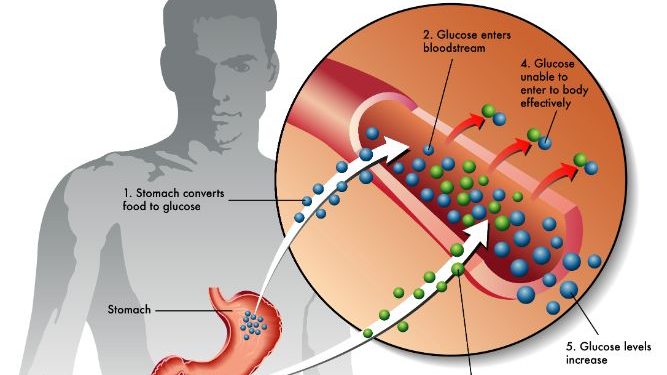Glycogen storage diseases symptoms are caused by a defect in one of the many enzymes needed to break down and store glycogen, a sugar that is used to fuel cells throughout the body. When one of these enzymes is missing, the body cannot use and store enough glycogen, causing it to build up in the liver, muscles and other parts of the body.
The symptoms of Glycogen storage diseases vary depending on which type of GSD a child has and which enzymes are missing. Symptoms may include rapid heartbeat, hunger, weakness, nausea, vomiting, abdominal pain and gout or kidney stones.
A Glycogen Storage Disease is an inherited (congenital) condition that affects the way the body stores and uses glycogen, one of the main sources of energy in the body. Children with GSD have a deficiency of an enzyme that breaks down glycogen into glucose, which the body needs to make energy.
There are different types of Glycogen storage diseases, which are caused by mutations in specific genes that control the breakdown of glycogen in the body. The most common type of GSD is a disorder called glycogen storage disease, type Ia (GSDIa).
Genetic testing will help doctors diagnose a child with Glycogen storage diseases by finding out whether they have a specific gene mutation that causes the disorder. Most children with GSD are born with the disorder because both parents have a gene that is abnormal, but there are some who get the disease only from one parent.
In rare cases, a person who has GSD might not have any symptoms or they might only be mildly affected by the disorder. In other cases, a person with the disorder may have severe symptoms, including hypoglycemia, a dangerous low blood sugar level that causes convulsions or a loss of consciousness.

Treatment for most Glycogen storage diseases involves eating many small, carbohydrate-rich meals every day to maintain healthy blood sugar levels. If a person with a particular type of GSD has frequent periods of low blood sugar, they may have to give uncooked cornstarch or other carbohydrates through a stomach tube around the clock to prevent the problem.
Some people with a certain type of Glycogen storage disease also have to limit the foods they eat or avoid them completely to keep their blood sugar levels normal. In these situations, a doctor can work with a dietitian to create a special diet for the person with the disease.
Taking medications that lower the amount of insulin in the blood can help some people with a particular type of GSD. They can also be given glucocorticoid drugs to lower the risk of diabetes and other health problems that can be caused by insulin resistance, such as high cholesterol and obesity.
Physical and occupational therapy can be very helpful in working with people who have a particular type of GSD. These therapies can increase strength and promote proper development and growth.
Some forms of Glycogen storage disease, such as Pompe disease and McArdle disease, can cause complications in the lungs and heart. Fortunately, new medications are available to treat these illnesses. However, these medications can only be effective when the disease is diagnosed early.









